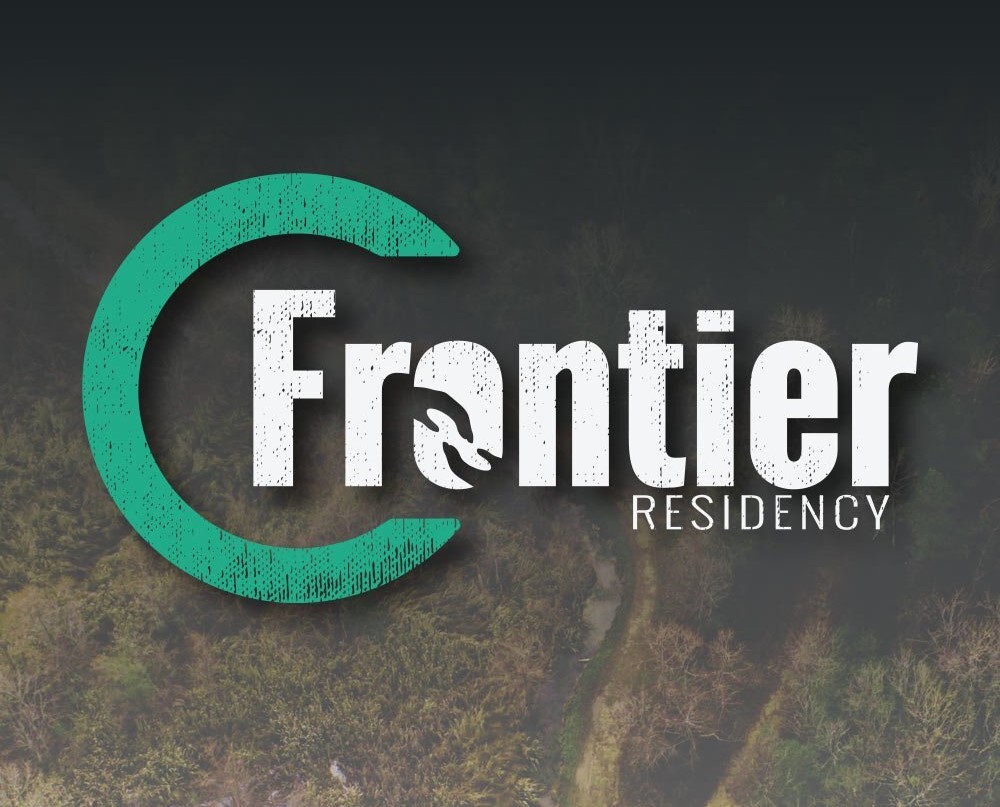
This summer, residents in the Cahaba-UAB Family Medicine Residency will be able to enroll in a new “Frontier Track” placing residents in clinics and hospitals in Alabama’s Black Belt.
The track, which was accredited in May 2021 and will matriculate its first class of four residents in July, complements the Cahaba-UAB residency’s existing Urban and Rural tracks, based out of Birmingham and Centreville, respectively. Currently, the program hosts 36 residents (12 per year) across the urban and rural tracks.
John B. Waits, M.D., Cahaba’s chief executive officer and director of the family medicine residency, said the Frontier Track is designed in part to address critical health care shortages in the Black Belt area of the state.
“This area of central Alabama has fairly intractable health care disparities and some of the deepest health professional shortages in the state,” Waits said. “We know the more local that you make training, the better recruitment and retention that you get,” as health care professionals stay in areas where they trained.
 John Waits, M.D.
John Waits, M.D.
Waits points to previous success the Cahaba program has had in Bibb County, where the program opened a location in 2004 and a residency in 2013.
“We have graduated multiple residents from that program and Bibb County is now on the verge of not being a health professional shortage area for the first time in decades,” Waits said.
Overall, 68% of all graduates of the Cahaba-UAB Family Medicine Residency work in underserved communities, compared to a 26% national average of family medicine graduates. Fifty-five percent work in Alabama, and 21% work in rural communities, compared to a 5% national average.
Frontier Track Format
The new Frontier Track will feature a PGY-1 year at Cahaba Medical Care in Bessemer in collaboration with UAB Medical West. The PGY-2 year will consist of an innovative, longitudinal, integrated curriculum in Alabama’s Black Belt at Cahaba Medical Care in Marion and Sumpter Blackmon, M.D.’s, clinic in Camden. Blackmon joined Cahaba Medical Care in 2022.
In addition to working in the clinics, Frontier Track residents will complete their hospital hours at J. Paul Jones Hospital in Camden, a UAB Health System member hospital that has been serving Camden, Wilcox County and surrounding communities since 1957. Residents will also work at UAB’s hospital, rotating through obstetrics, emergency medicine and other areas.
Lauren Linken, M.D., and Laura Lishman, M.D., will serve as interim co-directors of the Frontier Track.
Leaders hope that bringing more family medicine residents into Alabama’s Black Belt – typically defined as 12 counties stretching across central Alabama – will help address challenges in the historically agricultural region, which faces high poverty rates, high rates of chronic illness and numerous barriers to health care access, including a lack of primary care physicians. Family medicine residents will also have an important chance to give back to and learn from the communities where they are practicing – often addressing health disparities that have hit close to home in their own lives.
“Many people go to medical school and residency in order to go back to their hometowns, where they have seen health care shortages, and ask how they can be part of the solution,” Waits said. “In the Frontier Track, they will learn the skills necessary to be a physician in an area without many physicians – how to handle referrals, or pursue training or help patients find what they need.”
Cahaba-UAB family medicine residents are trained in the maximum number of procedures that a family medicine doctor can do in a clinic, including orthopaedics, cardiology procedures, ultrasound, dermatology and more. That experience prepares family medicine residents to meet a wide variety of patient needs – a critical skill in areas where they might not have access to specialists.
The residency will also partner with numerous local organizations, including churches, nonprofits and stakeholder groups formed to advise the program. Often, clinics where residents work will provide free or reduced-cost services, as well as rotating complementary services such as food pantries or clothes closets for local residents in need of those items.
"Leaders, faculty and staff at the Cahaba-UAB residency do a fantastic job bringing high-quality care into communities across Alabama, and I am proud to see that continue in the establishment of the Frontier Track,” said Irfan Asif, M.D., chair of UAB Family and Community Medicine, associate dean for primary care and rural health and head of UAB’s primary care service line.
“Addressing care shortages in areas like Alabama’s Black Belt is critical to the future of our state, and to making Alabama a healthier place for all Alabamians.”